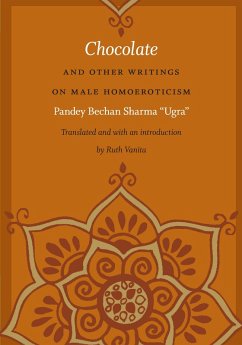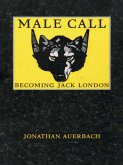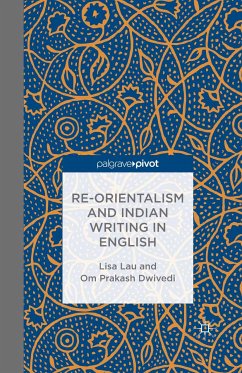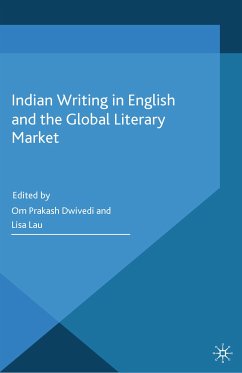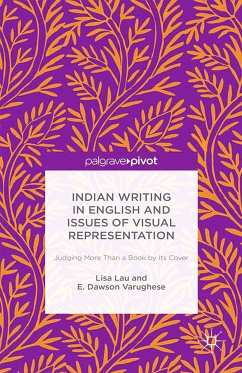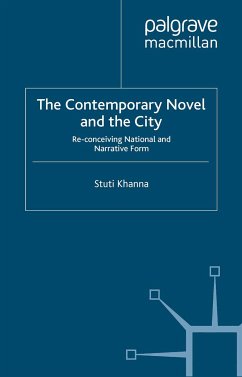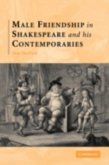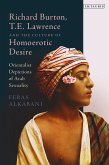This volume makes available for the first time in English the work of a significant Indian nationalist author, Pandey Bechan Sharma, better known in India as "e;Ugra,"e; meaning "e;extreme."e; His book Chocolate, a 1927 collection of eight stories, was the first work of Hindi fiction to focus on male same-sex relations, and its publication sparked India's first public debates about homosexuality. Many prominent figures, including Gandhi, weighed in on the debates, which lasted into the 1950s. This edition, translated and with an introduction by Ruth Vanita, includes the full text of Chocolate along with an excerpt from Ugra's novel Letters of Some Beautiful Ones (also published in 1927). In her introduction, Vanita situates Ugra and his writings in relation to Indian nationalist struggles and Hindi literary movements and feuds, and she analyzes the controversies that surrounded Chocolate. Those outraged by its titillating portrayal of homosexuality labeled the collection obscene. On the other side, although no one explicitly defended homosexuality in public, some justified Ugra's work by arguing that it was the artist's job to educate through provocation.The stories depict male homoeroticism in quotidian situations: a man brings a lover to his disapproving friend's house; a good-looking young man becomes the object of desire at his school. The love never ends well, but the depictions are not always unsympathetic. Although Ugra claimed that the stories were aimed at suppressing homosexuality by exposing it, Vanita highlights the ambivalence of his characterizations. Cosmopolitan, educated, and hedonistic, the Hindu and Muslim men he portrayed quote Hindi and Urdu poetry to express their love, and they justify same-sex desire by drawing on literature, philosophy, and world history. Vanita's introduction includes anecdotal evidence that Chocolate was enthusiastically received by India's homosexual communities.
Dieser Download kann aus rechtlichen Gründen nur mit Rechnungsadresse in A, B, BG, CY, CZ, D, DK, EW, E, FIN, F, GR, HR, H, IRL, I, LT, L, LR, M, NL, PL, P, R, S, SLO, SK ausgeliefert werden.

